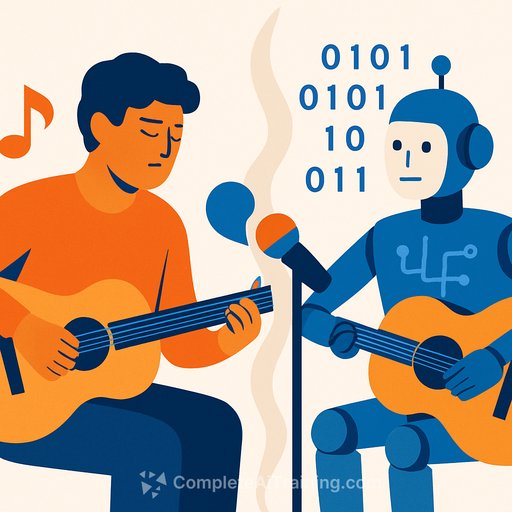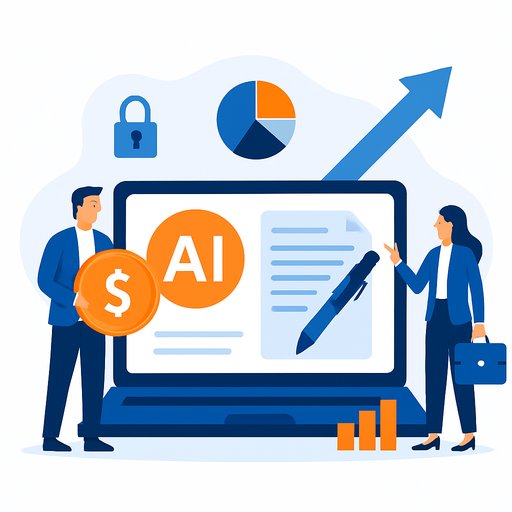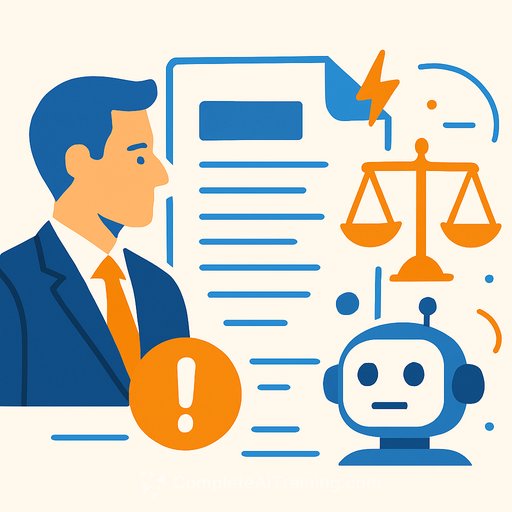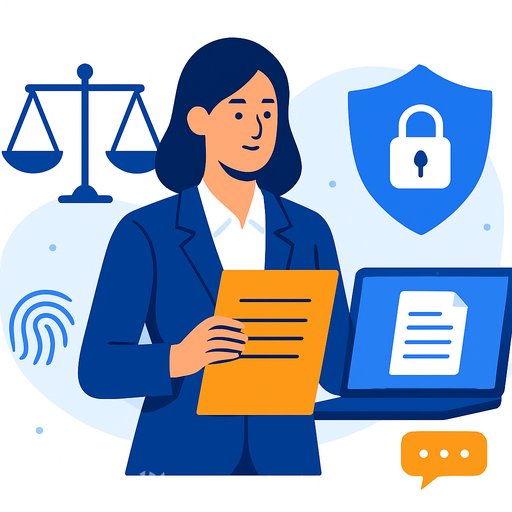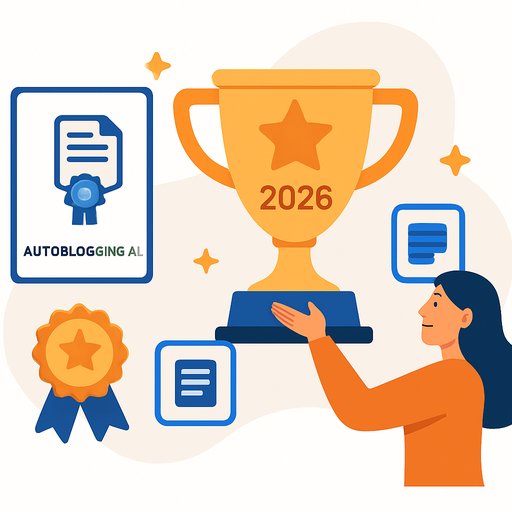When AI Writes Your Next Song: Can Machines Capture the Soul of Music?
Artificial intelligence is moving beyond simple tasks like chatbots and diagnostics. The music industry is now facing its own kind of shift—AI doesn't just create playlists anymore; it writes full songs with lyrics, melodies, and harmonies. But here’s the question that matters to writers and creators: Can a machine write a song that truly connects on an emotional level?
Music isn’t just notes arranged in a sequence. It’s raw human emotion—heartbreak, joy, rebellion, nostalgia, and everything in between. If we remove the human from music-making, what do we lose? Let’s examine how AI-generated music stacks up against human feeling and creativity.
Welcome to the Age of the Music Machine
AI tools like OpenAI’s MuseNet and Google’s MusicLM have advanced to the point where they can:
- Compose full orchestral pieces in seconds
- Generate lyrics based on specific themes or emotions
- Mimic the style of famous artists
- Harmonize and master tracks without human input
You can ask an AI to “make a sad indie-folk song about a rainy breakup,” and it will deliver in under a minute. This technology is already widespread on platforms like TikTok and YouTube, with AI-generated music gathering millions of views. Listeners often can’t tell if a song was made by a human or a machine. The real debate isn’t about AI’s ability to create music—it’s about whether that music has meaning.
Music = Emotion. Can AI Feel?
At its core, music is emotional storytelling. It’s the catch in your throat during an Adele ballad, the rush of adrenaline from a Kendrick Lamar verse, or the goosebumps from a late-night sad song. AI doesn’t have memories, feelings, or experiences. It doesn’t know joy, grief, or heartbreak. AI can mimic the structure of emotional songs, but it doesn’t live the emotions behind them.
When AI generates lyrics that sound emotional, it’s pulling from patterns in data—not from real pain or passion. That’s a crucial difference. A line like “I hurt myself today to see if I still feel” carries weight because it’s tied to human experience. AI can’t replicate that authenticity.
Why Some People Are Still Vibing with AI Music
Not every listener demands soul in their music. For background noise during study sessions, gaming, or chilling out, AI-generated lo-fi beats, chillhop, and ambient tracks fit perfectly. These genres don’t call for deep lyrics—they just set a mood.
AI music is fast, affordable, and endlessly available. Content creators use it for TikTok soundtracks, podcast intros, and YouTube videos without worrying about licensing fees or waiting for human composers. AI music has its place, but it doesn’t replace the songs that change lives or define cultures.
Real Artists React: Is AI a Threat or a Tool?
Musicians have mixed feelings. Some treat AI as a creative partner that can bust through writer’s block or experiment with new sounds. Others see it as a threat to originality and the artist’s role. For example, Grimes embraces AI by letting fans create music with her AI-generated voice, while Nick Cave criticizes AI lyrics as “a grotesque mockery of what it is to be human.”
When an AI wrote a song in Cave’s style, he responded sharply: “Songs arise out of suffering… they are blood and guts. It needs to be felt.” This highlights the tension—AI might imitate the form, but it can’t fake the genuine emotion behind a song.
The Ethics of Algorithmic Art
Beyond creativity, there’s a legal and ethical debate: Who owns AI-generated music? If a bot is trained on thousands of copyrighted songs, who deserves credit? The programmer? The AI? The original artists?
This gray area impacts music rights and royalties. Will machine-made songs flood the market and drown out human musicians? What happens when AI replicates voices of stars like Drake or Taylor Swift? Deepfake vocals have already fooled millions, raising concerns about authenticity and misuse.
Can AI Ever Write a Classic?
Great songs are imperfect and human. “Bohemian Rhapsody” broke every rule but became a masterpiece. “Smells Like Teen Spirit” was raw and chaotic, capturing a generation’s mood. “Hallelujah” took years to be recognized but now stands as timeless.
These songs tell stories only their creators could tell—filled with trauma, culture, and soul. AI has no story, no trauma, no culture. It can generate technically sound music but can’t write your personal song or capture the ache of missing someone who’s still alive.
Gen Z’s Take: Is This the Future We Want?
Gen Z has grown up with algorithms shaping their playlists, TikTok hits, and AI voice covers. Some see AI music as just another form of entertainment. But we have to ask: Are we losing what makes music magical? Do we want songs optimized for vibes instead of visions? Where heartbreak becomes a filter, not a feeling?
Every stream, share, and playlist choice shapes the future of music. Choosing heart, humans, and soul over algorithmic hype keeps music meaningful. Tech can mimic a heartbeat but not feel one.
Where Do We Go From Here?
The future isn’t about humans versus machines—it’s about balance. AI can inspire, increase productivity, and make music more accessible. But it can’t replace lived experience or create culture—it can only remix it.
Use AI where it helps, let it support, not steal. Keep celebrating artists who pour their stories and emotions into every note. Because no matter how smart AI gets, it won’t cry during a song’s bridge, dance at a concert, or sing through life’s static. Only humans do that. That’s what makes music real.
How You Can Stay Human in the Age of AI Music
- Support real artists: Follow indie musicians, buy merch, attend local shows.
- Dig deeper: Read lyrics, learn the stories behind songs, ask why they resonate.
- Make your own music: Express yourself through sound, even if you’re not a pro.
- Stay curious: Use AI tools if you want—but keep your heart in charge. Music is about connection, not just sound.
Final Thoughts: The Soul of Music Belongs to Us
As AI advances, the line between human and artificial music will blur. But one thing remains clear: only humans can write songs that feel personal. When a track gives you chills or makes you cry, it’s not just notes—it’s story, struggle, and soul.
For writers and creators interested in exploring AI tools responsibly, there are practical courses available that show how to integrate AI without losing your creative voice. Check out Complete AI Training's latest AI courses for resources on working with AI in creative fields.
Your membership also unlocks:

